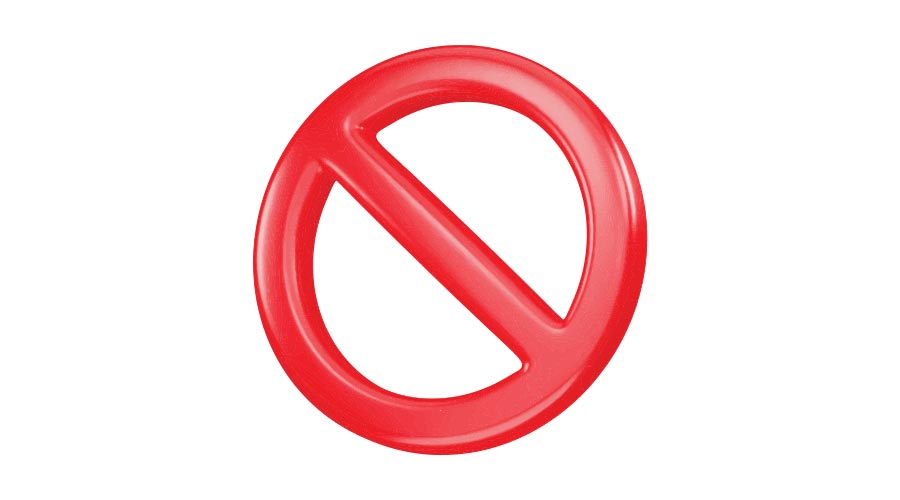
The U.S. Environmental Protection Agency (EPA) finalized the latest risk management rules for trichloroethylene (TCE) and perchloroethylene (PCE) under the bipartisan 2016 Toxic Substances Control Act (TSCA) amendments, marking another major milestone for chemical safety after decades of inadequate protections and serious delays.
TCE is an extremely toxic chemical known to cause liver cancer, kidney cancer, and non-Hodgkin’s lymphoma. TCE also causes damage to the central nervous system, liver, kidneys, immune system, reproductive organs, and fetal heart defects. These risks are present even at very small concentrations. Under today’s rule, all uses of TCE will be banned over time (with the vast majority of identified risks eliminated within one year), and safer alternatives are readily available for the majority of uses.
PCE is known to cause liver, kidney, brain and testicular cancer, as well as damage to the kidney, liver and immune system, neurotoxicity, and reproductive toxicity. The final rule will better protect people from these risks by banning manufacture, processing and distribution in commerce of PCE for all consumer uses and many commercial uses, while allowing some workplace uses to continue only where robust workplace controls can be implemented.
“It’s simply unacceptable to continue to allow cancer-causing chemicals to be used for things like glue, dry cleaning or stain removers when safer alternatives exist,” says Assistant Administrator for the Office of Chemical Safety and Pollution Prevention Michal Freedhoff. “These rules are grounded in the best-available science that demonstrates the harmful impacts of PCE and TCE. EPA continues to deliver on actions that protect people, including workers and children, under the nation’s premier bipartisan chemical safety law.”
PCE and TCE are both nonflammable chlorinated solvents that are volatile organic compounds. PCE can biodegrade into TCE, and PCE may contain trace amounts of TCE as an impurity or a contaminant. The chemicals can often serve as alternatives for each other. For several uses of TCE that will be totally prohibited, there is an analogous use of PCE that can continue safely in perpetuity under workplace controls. Some examples of uses that will be prohibited under the TCE rule, but will continue under the PCE rule include: industrial and commercial use as an energized electrical cleaner, in laboratory use for asphalt testing and recovery, use to make refrigerants and other chemicals, and for vapor degreasing.

 Celebrating BSCAI's 60th Anniversary eBook
Celebrating BSCAI's 60th Anniversary eBook The Down and Dirty on Cleaning in Virus Season
The Down and Dirty on Cleaning in Virus Season How Surfactant Use is Expanding in Commercial Cleaning
How Surfactant Use is Expanding in Commercial Cleaning